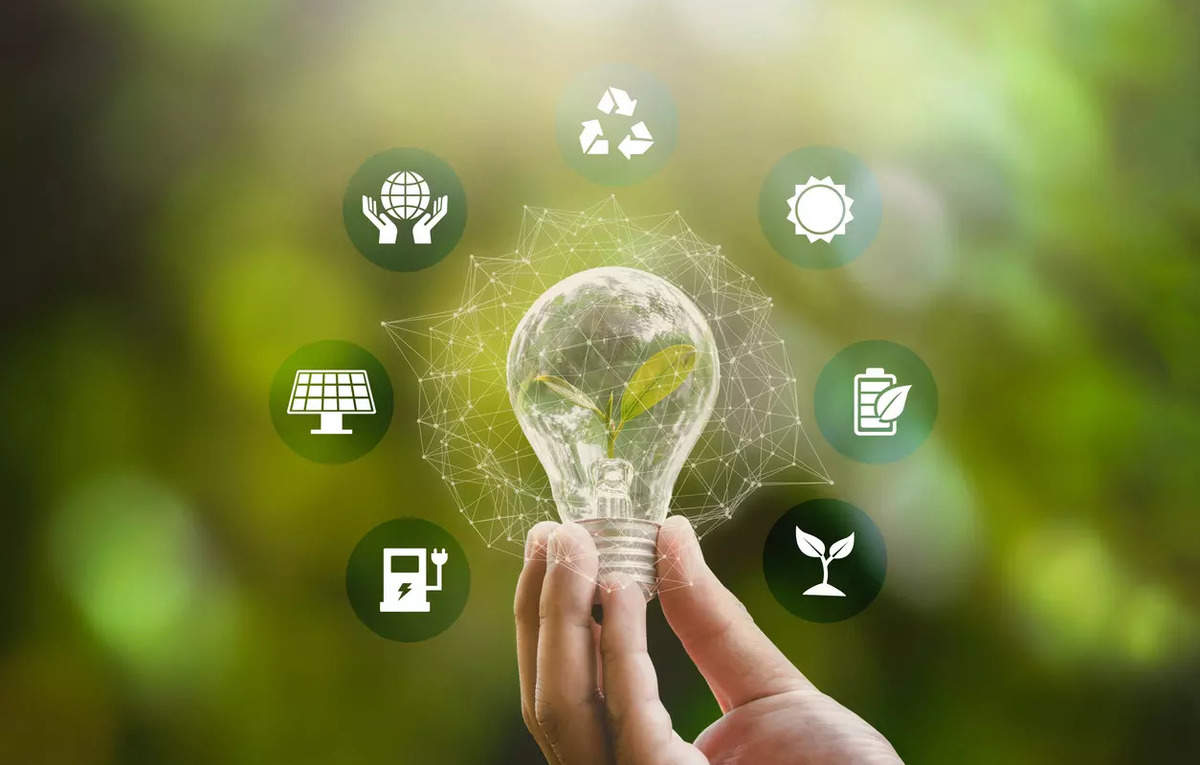EU Commissioner Advocates for India-EU Collaboration in Renewable Energy Transition
Key Ideas
- European Union commissioner Dan Jorgensen praises India's rapid renewable energy growth and advocates for closer partnership with the EU.
- India has added 79.4 GW of renewable energy capacity between 2020-21 and 2024-25, signaling a significant shift towards green energy.
- Jorgensen emphasizes the importance of collaboration in areas like green hydrogen and battery storage to make energy systems sustainable and resilient.
- Both India and the EU face challenges in moving away from coal, but are making progress towards cleaner energy sources and reducing dependence on external gas suppliers.
European Union commissioner for energy, Dan Jorgensen, has highlighted the impressive pace of renewable energy growth in India and called for strengthened collaboration between India and the EU in the energy transition. Jorgensen commended India for adding 79.4 GW of renewable energy capacity in a short period compared to net coal capacity additions. He stressed the need for joint efforts in areas like green hydrogen and battery storage to ensure sustainable energy systems. Despite the dominance of coal in India's power sector, the country's transition towards cleaner energy sources is evident.
Jorgensen also pointed out the challenges of reducing coal dependency, a task both India and the EU are tackling. The EU, under Jorgensen's leadership, has shifted towards producing more electricity from solar than coal. Additionally, the focus on affordable energy and reducing costs is a key priority. The EU's energy boss highlighted the importance of enhancing energy system planning to accommodate the rapid deployment of renewable energy.
The India-EU Trade and Technology Council is poised to deepen collaboration in green technologies and clean energy systems. Jorgensen specifically mentioned the potential of working together in advancing green hydrogen technology, aiming to make it commercially viable by scaling up production and lowering costs. By aligning efforts in the energy sector, both India and the EU can accelerate their transition towards sustainable and resilient energy systems.
